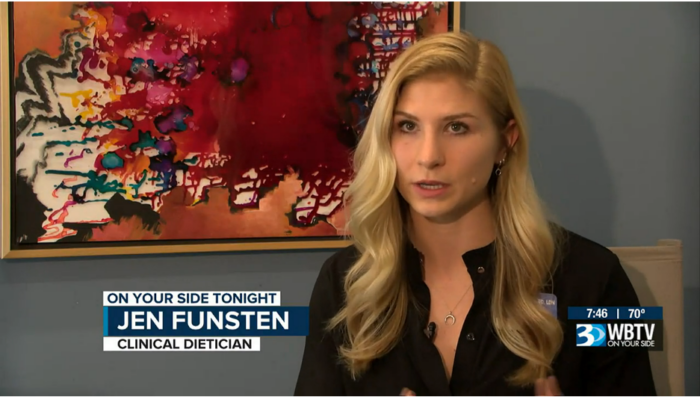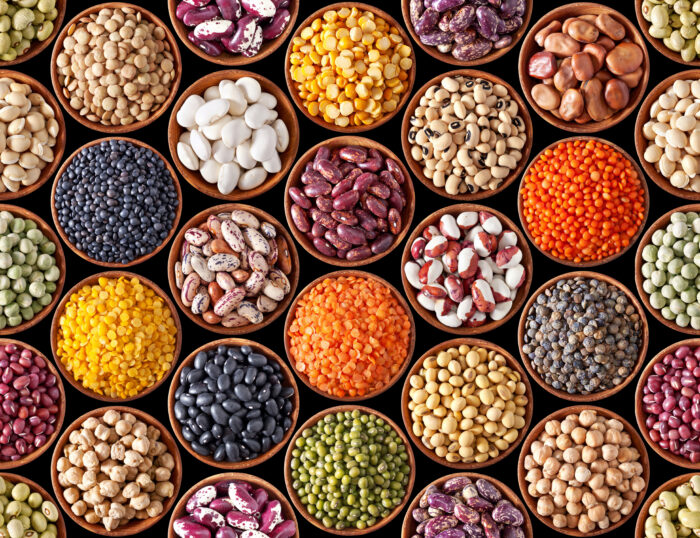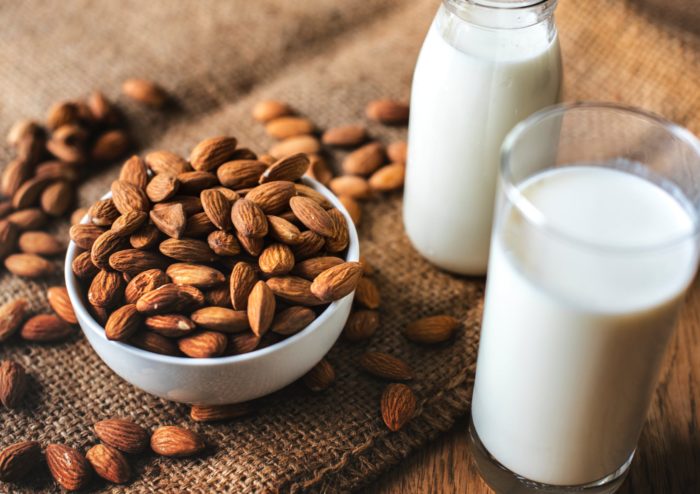Ultra-processed foods (UPFs) have become a hot topic since the Food & Drug Administration (FDA) recently banned Red 3 food dye in the United States. Red 3 food dye is usually found in food products as an artificial colorant. The ban means that by 2028, companies will no longer be allowed to include this dye in foods, beverages, medicines and supplements since it was found to cause thyroid cancer in animals.
What are UPFs?
Ultra-processed foods are highly processed foods that include artificial colors, flavors, sweeteners, preservatives, emulsifiers, and other ingredients that help these products last on the shelves and increase how flavorful they are to us. Examples of UPFs are some sugary cereals, packaged snacks, and sugary drinks.
How Do UPFs Affect My Health?
- UPFs are usually higher in added sugars, unhealthy fats, sodium, and low in fiber. These ingredients make foods less nutrient dense and can lead to serious health problems, including heart disease, obesity and high blood pressure.
- Other ingredients like additives, preservatives, and emulsifiers can potentially harm your gut. When your gut isn’t healthy, it can affect your whole body, including your mental health. One study found that diets high in UPFs were linked to gut problems like inflammatory bowel disease (IBD), irritable bowel syndrome (IBS), and even certain types of cancers.
Here are some ingredients to look out for:
- Artificial sweeteners – acesulfame potassium, aspartame, sorbitol, sucralose, saccharin
- Artificial colors – titanium dioxide (white), Red 40, Yellow 5, Blue 1
- Emulsifiers & stabilizers – polysorbates, carboxymethylcellulose, sodium citrate, carrageenan, xanthan gum, guar gum
- Preservatives – sodium nitrates and nitrites, sulfites, BHA, BHT, sodium benzoate
It’s important to remember that just because a product has these additives, it does not automatically mean it is unhealthy. We need more long-term research to know how these additives truly affect our health.
It’s so hard to remember all these ingredients that may affect my health. What should I do?
Here are some practical recommendations when choosing grocery store products:
- Limit products with long ingredient lists full of artificial preservatives, emulsifiers, and sweeteners.
- Look for natural ingredients you recognize (e.g., whole grains, real fruits, and vegetables).
- Buy plain versions of products, like yogurts, oats, frozen vegetables without added sugars, sauces or flavors. You can then add your own flavorings at home, like natural fruits, spices and herbs!
- Cook more meals at home. Cooking allows full control over ingredients and eliminates artificial additives, and you can even make large batches to spend less time cooking during the week.
- Choose brands that prioritize clean ingredients and minimal processing. Look for “no artificial preservatives,” “no added sugars,” “natural colors” or “nitrate-free” on food labels.
- Swap chips, cookies, and candy for whole food snacks like nuts, seeds, or yogurt.
- When eating out, choose grilled over fried and avoid sauces with unknown ingredients.
- Stay hydrated with water, herbal teas or infused water. Limit sodas, flavored drinks, and artificially sweetened beverages.
An Avance Care Registered Dietitian can guide you in picking healthier options and can also help you reach your long-term health goals! Schedule online here or call (919) 237-1337, option 4 and a nutrition coordinator can help you set up a one-on-one appointment one of our knowledgeable dietitians.
References:
- https://www.fda.gov/food/hfp-constituent-updates/fda-revoke-authorization-use-red-no-3-food-and-ingested-drugs
- https://nutritionsource.hsph.harvard.edu/processed-foods/
- https://www.wcrf.org/preventing-cancer/topics/upfs-and-cancer/
- https://www.nature.com/articles/s41575-024-00893-5
- https://pmc.ncbi.nlm.nih.gov/articles/PMC5811844/




